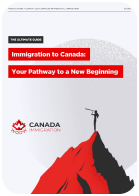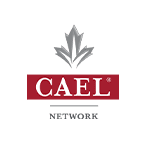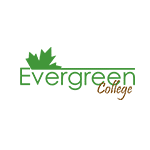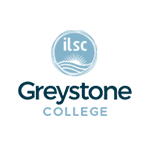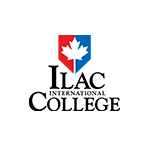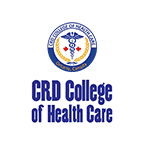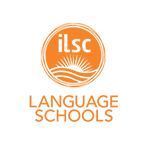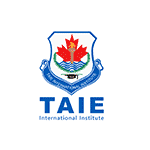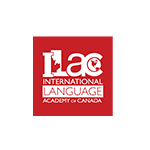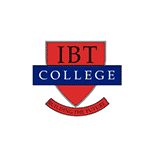- YES, YOU CAN DO IT! WITH WOOW CANADA IMMIGRATION –
- YES, YOU CAN DO IT! WITH WOOW CANADA IMMIGRATION –
- YES, YOU CAN DO IT! WITH WOOW CANADA IMMIGRATION –
Our Partners
How we work – 10 steps

Complete our
assessment form

Book a call with our International Students Department

Become WooW Canada Immigration Client

Receive customized strategy for your future education and immigration

Get our professional assistance in educational program selection

We submit your college/university application

Get a customized checklist of your Study Permit application documents

Get our professional submission of your Study Permit application

Get your Study Permit
Approved

Get complete re-adjustment of
your immigration strategy with WooW Canada
Why WooW Canada Immigration?

Licensed Immigration Law professionals

Experience working with refusals and complicated cases

We undertake the ENTIRE College/University selection

We tailor education programs for SP application success

We tailor your immigration pathway before you even come to Canada

We take away all the hassle of choosing the right education program

We are a local Canadian Immigration company


